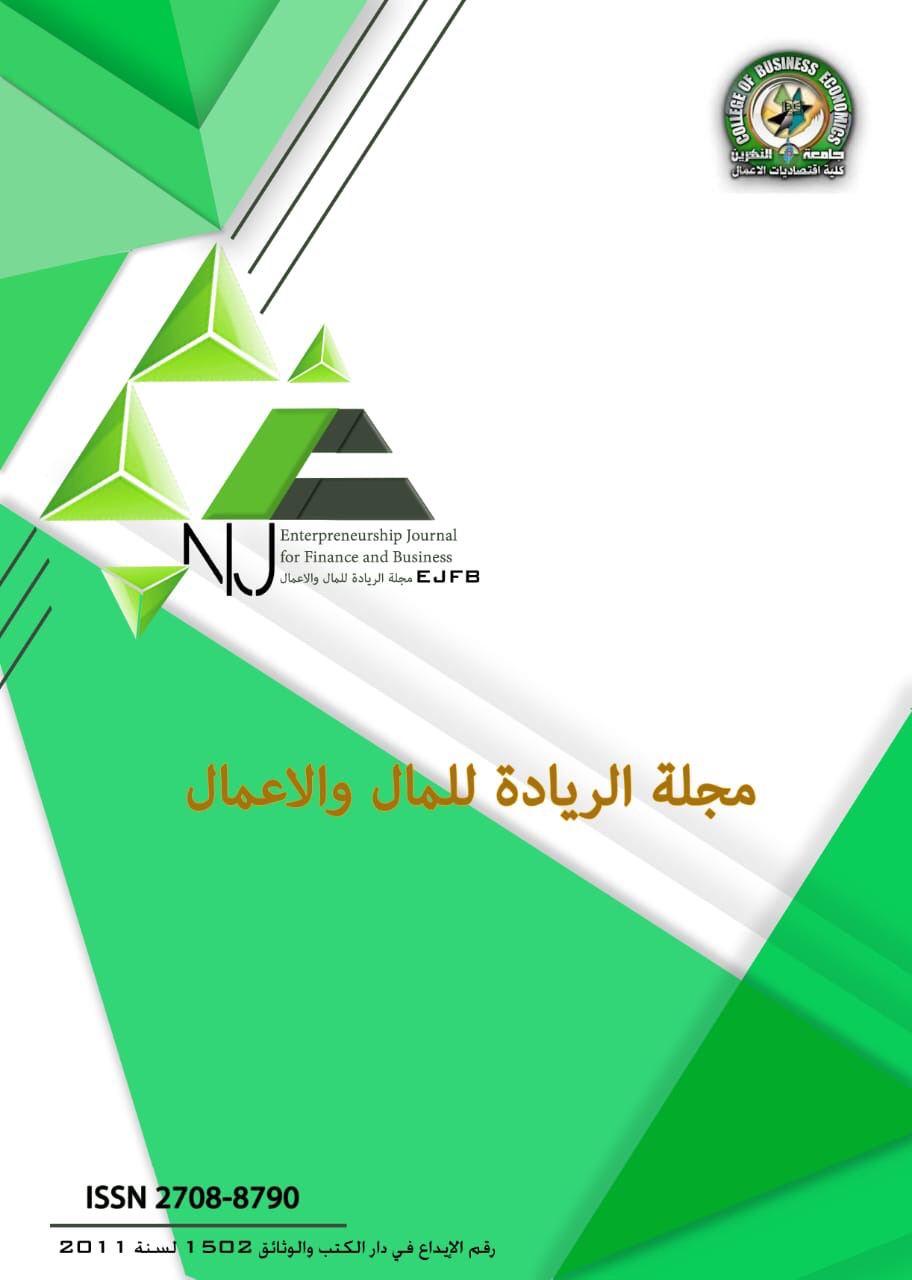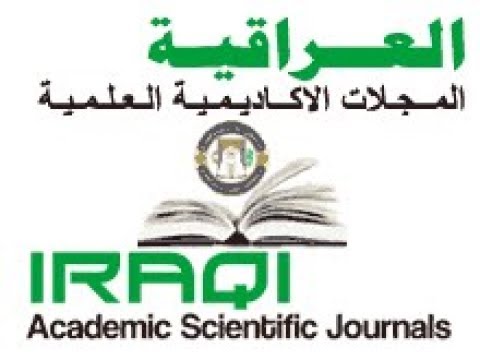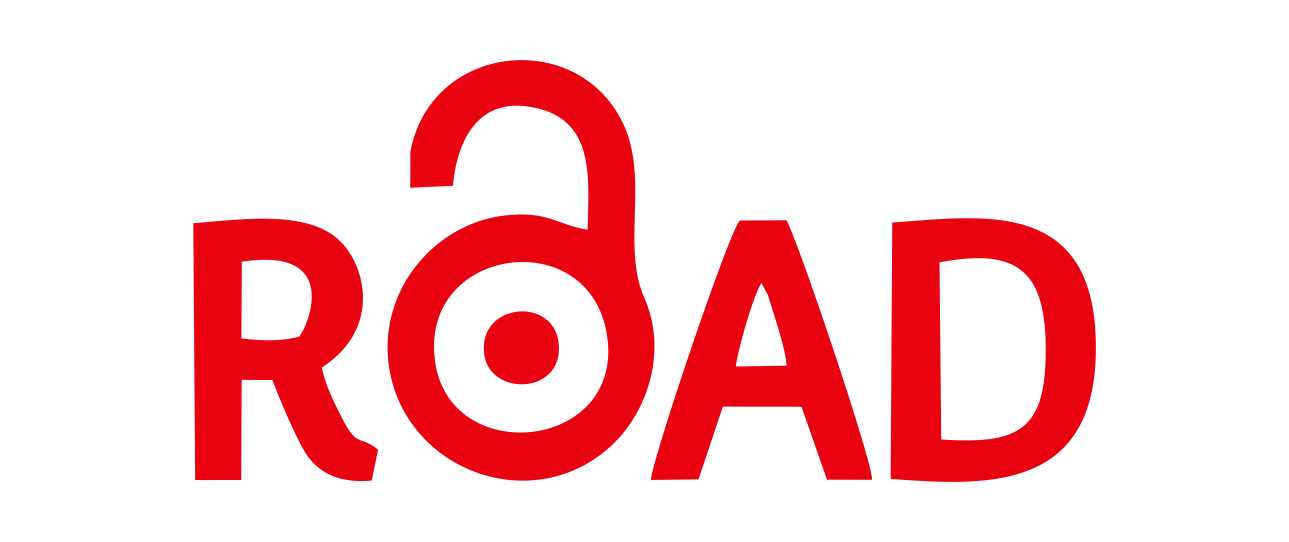The role of accounting education in developing the accounting culture to meet the labor market requirements
DOI:
https://doi.org/10.56967/ejfb2021109Keywords:
accounting education, international accounting education standards, international accounting education standards board, accounting culture, international federation of accountants, accounting rules and legislation, labor marketAbstract
The study aimed to study and diagnose the nature of the relationship between accounting education practices and the process of developing the level of accounting culture for universities output. The study was based on a main hypothesis that states the existence of advanced accounting educational practices at the theoretical & practical level and provision of all human , physical capabilities to achieve this purpose, may reflect in achieving a set of positive results, the most important of which is to support the local labor market with a group of accountants who possess the highest possible level of accounting culture and who can be relied upon to accomplish the accounting tasks and duties assigned to them in the best possible way. Three sub-hypotheses have been derived and formulated that emphasize, the existence of a moral correlation with statistically significant between advanced accounting education practices at the theoretical & practical levels applied in universities and the process of developing, raising the level of accounting culture for accountants. In order to accomplish the aims of the study and test the validity of the hypotheses related, a group of professors in accounting sciences serving in the accounting departments of Iraqi governmental universities for the academic year (2020-2021) , a group of graduates accounting departments of Iraqi universities for the academic years (2010-2020) and employers serving in a group of governmental and private banks in Iraq were selected to represent the study sample, by designing three questionnaires distributed to each group in a stratified random way , then in order to analyze the data collected and measure the relevant variables of the study, a set of relevant statistical methods and procedures was selected and adopted.
The study reached a set of conclusions and recommendations, the most important of which are that modern accounting education practices are not the only tools or source for developing the level of accounting culture, as there are other sources of accounting culture, including the accumulated experience of practicing the accounting profession, the accounting media represented by means of accounting communications, cultural publications, and scientific issued of accounting councils responsible for presenting accounting concepts and ideas to society in general and the accounting community in particular, despite the multiplicity of these sources, accounting education practices remain the main and most influential source for the accounting profession, which requires the availability of efficient staff of accounting to ensure accurate application and correct interaction by students, in addition the study recommended the necessity to achieving an acceptable level of compatibility between curriculum , procedures applied by scientific accounting departments and accounting legislation , rules issued by Professional accounting councils and boards in order to contribute in developing the level of accounting culture for universities output in accordance with the requirements of the labor market's needs and wishes in the best possible way.
Downloads
Downloads
Published
How to Cite
Issue
Section
License

This work is licensed under a Creative Commons Attribution 4.0 International License.
This is an Open Access article distributed under the terms of the creative commons attribution (CC BY) 4.0 international license which permits unrestricted use, distribution, and reproduction in any medium or format, and to alter, transform, or build upon the material, including for commercial use, providing the original author is credited.










